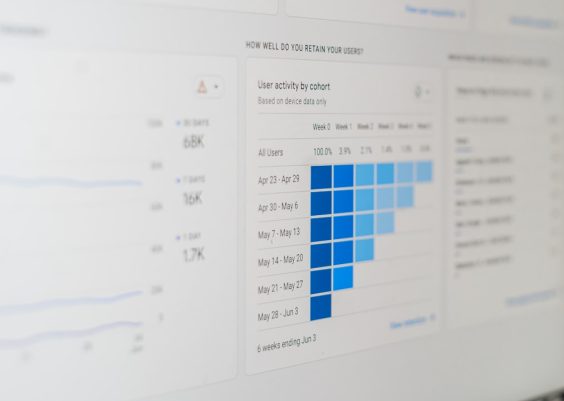In today’s competitive property market, real estate professionals must effectively manage their client relationships, sales processes, and marketing activities. This is where Customer Relationship Management (CRM) systems come into play. A CRM tailored for real estate can streamline operations, automate communications, and boost productivity. Understanding how these systems work and how they benefit real estate agents is essential for growing a successful business.
What is a Real Estate CRM?
A real estate CRM is a software tool designed to help real estate agents, brokers, and agencies manage interactions with clients and prospects. More than just a digital address book, a real estate CRM provides automated task reminders, lead tracking, marketing automation, and performance analytics—all customized for the real estate sales cycle.
These systems centralize communication and keep a record of all client interactions, making it easier for agents to track where leads are in the funnel, which clients need follow-ups, and what properties are of interest to them.

Key Features of Real Estate CRMs
While every CRM varies slightly, the best ones for real estate share several key features:
- Lead Management: Automatically captures leads from websites, social media, or listing platforms, and routes them to the appropriate agent.
- Pipeline Organization: Lets agents visually manage potential deals using stages like ‘new lead’, ‘contacted’, ‘showing booked’, and ‘closed’.
- Task Automation: Schedules follow-ups, birthdays, contract dates, and other key reminders so no opportunity is missed.
- Email and SMS Campaigns: Sends automated but personalized marketing content to leads and clients.
- Mobile Accessibility: Enables field agents to update client notes and respond to queries on the go.
Some advanced platforms even integrate with MLS databases and allow for property matching based on client preferences.
Why Real Estate Agents Need a CRM
The complexity of property transactions requires agents to juggle multiple contacts, listings, deadlines, and paperwork. Without a CRM, this can quickly become overwhelming. Using a CRM, agents can stay on top of every deal with ease. Here’s how a CRM benefits real estate professionals:
- Improved Client Relationships: Personalized communication helps build trust and increases the likelihood of referrals and repeat business.
- Increased Efficiency: Automation saves agents time and reduces manual workloads.
- Better Decision Making: Analytics and reports help determine which lead sources are most effective and where to invest marketing budgets.
- Faster Closings: Organizing documents, appointments, and payments in one place accelerates the sales process.

Choosing the Right Real Estate CRM
When selecting a CRM, it’s important for agents and brokers to consider the size of their team, the complexity of their sales process, and their technical expertise. Some questions to ask when evaluating CRM options include:
- Is it easy to use and customizable to my workflow?
- Does it integrate with tools I already use, like my MLS or email marketing software?
- Is there a mobile app for on-the-go access?
- What kind of customer support and training is offered?
Popular CRMs like Follow Up Boss, Propertybase, Top Producer, and HubSpot CRM offer varying levels of sophistication and pricing, catering to both solo agents and large brokerage teams.
The Future of CRMs in Real Estate
As technology and client expectations continue to evolve, real estate CRMs are becoming more intelligent and user-friendly. Artificial intelligence (AI) features are starting to help predict client behavior, optimize marketing efforts, and enhance lead scoring. As these systems become even more vital to real estate professionals, those who embrace technology will be well positioned for long-term success.
Frequently Asked Questions (FAQ)
- Q: Is CRM only useful for large real estate agencies?
A: No, CRMs are beneficial to both individual agents and large brokerages. Small teams and solo agents can streamline tasks and enhance client service with the right CRM. - Q: How much does a typical real estate CRM cost?
A: Costs vary. Many CRMs offer tiered pricing—from free plans for individuals to enterprise solutions that cost hundreds of dollars per month based on feature needs and scale. - Q: Can a CRM help with marketing properties?
A: Yes. Most CRMs offer tools to create and automate marketing emails, text messages, and even social media campaigns targeted to your leads. - Q: How secure is client data in a CRM?
A: Security depends on the provider. Reputable CRM systems use encryption and meet privacy compliance standards to safeguard sensitive client data. - Q: How long does it take to implement a CRM?
A: Implementation can take as little as a few hours or as long as a few weeks, depending on the complexity of your operation and the platform’s onboarding process.




